Finishing Basement--use plastic sheathed cable or conduit?
amys1999
14 years ago
Featured Answer
Comments (7)
brickeyee
14 years agoterribletom
14 years agoRelated Professionals
Wellesley Electricians · Pooler General Contractors · Athens General Contractors · Cape Girardeau General Contractors · Jackson General Contractors · Kailua Kona General Contractors · Milford General Contractors · Mount Vernon General Contractors · Newburgh General Contractors · Oxon Hill General Contractors · Peoria General Contractors · Lomita Solar Energy Systems · Hacienda Heights Home Automation & Home Media · San Mateo Home Automation & Home Media · Springville Home Automation & Home Mediamike_kaiser_gw
14 years agoamys1999
14 years agobrickeyee
14 years agomike_kaiser_gw
14 years ago
Related Stories
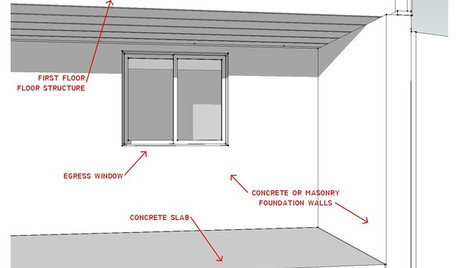
REMODELING GUIDESKnow Your House: The Steps in Finishing a Basement
Learn what it takes to finish a basement before you consider converting it into a playroom, office, guest room or gym
Full Story
MATERIALSShow Off the Bones of Your Home With Exposed Finishes
There can be beauty in raw materials. Display them with care, and the effect is surprisingly warm and welcoming
Full Story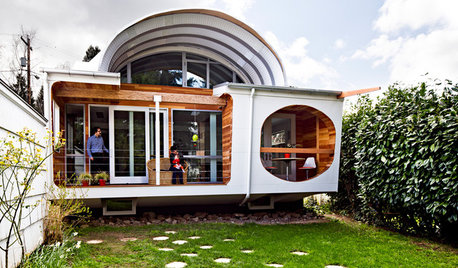
HOUZZ TOURSHouzz Tour: A 'Portlandia' Home Raises an Eyebrow
Cable TV came calling for this quirky home in Oregon, and it played its spaceship part to a T
Full Story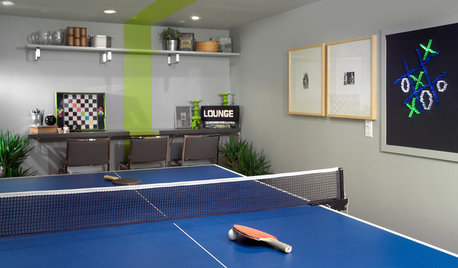
BASEMENTSBasement of the Week: Games, Guests and Ship-Shape Storage in Toronto
Maximizing space and fun possibilities is the mantra in this fun lower level brimming with amenities
Full Story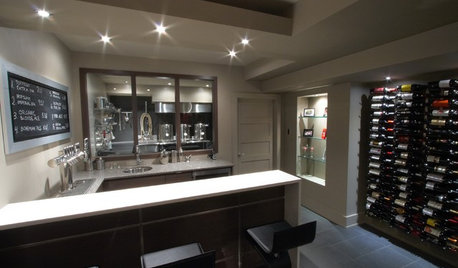
BASEMENTSRoom of the Day: Cheers to a Home Basement Brewery for Craft Beers
An engineer in Ottawa, Canada, turns his decades-long love of home-brewed beer into a basement project, then a side business
Full Story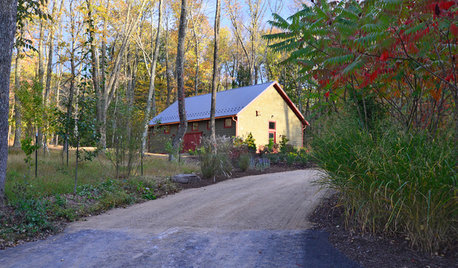
BACKYARD STUDIOSMaster Builder Crafts a Dream Workshop
A design-build firm owner uses an economical building method for his large shed and finishes it off nicely to blend into the scenery
Full Story
MATERIALSMaterials Workshop: Polycarbonate — a Low-Cost Alternative to Glass
Looking for something lighter, stronger and less expensive than glass? Multiwall polycarbonate may be a good option
Full Story
LIFEThe Moving-Day Survival Kit: Lifesaving Items and Niceties
Gather these must-haves in advance for a smooth move and more comfortable first days in your new home
Full Story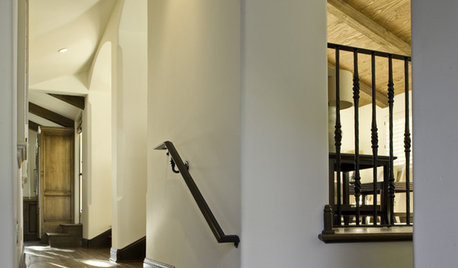
MATERIALSRaw Materials Revealed: Drywall Basics
Learn about the different sizes and types of this construction material for walls, plus which kinds work best for which rooms
Full Story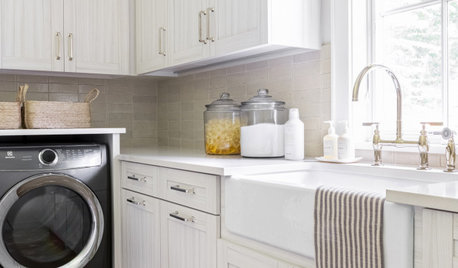
LAUNDRY ROOMS7-Day Plan: Get a Spotless, Beautifully Organized Laundry Room
Get your laundry area in shape to make washday more pleasant and convenient
Full StoryMore Discussions






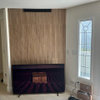

inox